**Note: This page is for educational inspiration and is not officially affiliated with British Science Week. For official information, themes, and resources, please visit the British Science Week website: www.britishscienceweek.org.
Friday 6th - Sunday 15th March 2026
Understanding British Science Week in EYFS & KS1
Let's be curious scientists and explore the world around us! 🧪🔬 British Science Week is a fantastic ten-day celebration of science, engineering, technology, and maths (STEM). It features fascinating, entertaining, and engaging events and activities all across the UK for people of all ages. Organised by the British Science Association, it typically takes place in March. The main aim of the week is to inspire and engage everyone in science, fostering curiosity, critical thinking, and a passion for discovery. Each year often has a different theme to spark imagination and guide investigations.
For early years settings, nurseries, preschools, childminders, and Year 1 and Year 2 classrooms, this week provides an incredible opportunity to introduce foundational scientific concepts, encourage exploration and investigation, promote problem-solving, and spark a lifelong sense of wonder about the natural and built world. It aligns perfectly with the 'Understanding the World' area of learning in the EYFS framework and supports early STEM education. This week offers boundless planning ideas and inspiration for hands-on activities that truly resonate with young minds, making learning about science both accessible and incredibly exciting.
Why Is Celebrating British Science Week Important for Young Children?
Integrating British Science Week into your practice with young children (aged 0-7) nurtures their natural curiosity, developing critical thinking skills, and laying the groundwork for future scientific literacy.
Fosters Curiosity: Encourages children to ask "why?" and "how?" and to actively seek answers through exploration.
Develops Inquiry Skills: Teaches basic scientific processes like observing, predicting, testing, and concluding.
Problem-Solving: Encourages children to think creatively to solve challenges, often through trial and error.
Understanding the World: Helps children make sense of the natural phenomena and technological advancements around them.
STEM Foundation: Introduces fundamental concepts in science, technology, engineering, and maths in an accessible and engaging way.
Hands-on Learning: Provides opportunities for active, experiential learning which is crucial for young children.
Language & Communication: Expands vocabulary related to scientific concepts and encourages children to describe their observations and findings.
Engaging Science Activities for British Science Week (0-7 Year Olds)
Let's become little scientists and explore, discover, and experiment for British Science Week with these planning ideas and activities perfect for EYFS and KS1 children. The focus is on hands-on investigation, curiosity, and making connections to the world around us! Many of these early years and year 1 activities can be supported by our extensive 'Science', 'STEM', and 'Understanding the World' resources.
Here's some inspiration for fostering a love of science in your setting: (Please use your own discretion and knowledge of your children to ensure appropriateness of each activity and safety concerning any materials given and activity undertaken.)
Be Curious! Kick off the week by celebrating curiosity. Use our 'STEM - 'We Are Curious' Display' and 'STEM - Banner' to create an inviting science exploration area.
Mini Investigations (STEM Challenge Cards): Provide simple, open-ended investigation challenges using 'STEM - Challenge Cards' and 'STEM - Challenge Cards'. Adapt them seasonally with 'STEM - Winter Challenge Cards' and 'STEM - Winter Challenge Cards'.
Hands-On Science Experiments:
Float and Sink: Conduct a 'Science - Activity Pack - Float And Sink' experiment with various objects.
Melting Investigation: Explore states of matter with 'STEM - Make Something Melt - Support Pack'.
Ramps and Movement: Investigate forces and motion with 'STEM - Make A Car Ramp - Support Pack'.
Musical Instruments: Explore sound and vibration with 'STEM - Musical Instruments - Support Pack'.
Fruit Slushies: A simple food science experiment with 'Science - Activity Pack - Fruit Slushies'.
Exploring the Human Body: Learn about how our bodies work. Use resources like 'The Human Body’ . Connect to 'All About Me' and 'Stay Healthy' themes.
Minibeast Hunt & Observation: Go on a 'Science - Activity Pack - Minibeast Hunt' or a 'Minibeast Search Checklist'. Use 'STEM - Investigate Minibeasts - Support Pack'. Discuss their habitats and characteristics (also see 'Invertebrates' and 'Minibeasts' pages).
Plant Science: Investigate the needs of plants. Use 'Plants - Word Mat', 'Plants - 'Plants Make Their Own Food' Poster', 'What Does A Houseplant Need?' Poster - Colouring’, and 'Science - Activity Pack - Plant Hunt'. Connect to 'Gardening' and 'Plants' pages.
Weather Watchers: Observe and record the weather. Use 'Weather - My Weather Diary - Booklet’ or 'A4 'Today' Weather Calendar - Dinosaurs Theme' (adaptable for any theme). Connect to 'Weather' page.
Dinosaurs & Fossils: Explore prehistoric science. Use 'Dinosaur Activity/Movement Challenge - Cartoon', 'Dinosaur Colouring - Cartoon', 'Dinosaur Alphabet Cards - Cartoon', 'Dinosaur Sounds Mat - Phase 1 Phonics', 'My Favourite Dinosaur Sheets'. Connect to 'Dinosaurs' page.
Space Exploration: Learn about planets and the solar system. Use 'I Spy Count & Choose - Space', 'Solar System 4-Piece Puzzles’, 'Space - What Is A Meteor?', 'Planet Colouring Sheets'. Connect to 'Space' page.
Animals & Life Cycles: Discuss different animals, their young, and life cycles. Use 'Farm Animals And Their Young Puzzles/Matching Game', 'Young Farm Animals Colouring Pack', 'Endless Life Cycle Puzzles', 'Animals Of The World Mega Colouring Pack’, 'Zoo Animal Colouring - With Name & Footprint'. Connect to 'Animals', 'Birds', 'Fish', 'Mammals', 'Reptiles', 'Life Cycles', 'On the Farm' pages.
Inventions & Technology: Briefly introduce the idea of inventions with 'Inventions 2-Piece Puzzles'.
Fine Motor Skills in Science: Engage fine motor development with activities like 'Fine Motor Butterflies' or 'UK Garden Birds Colouring'.
Environmental Science (Age-Appropriate): Introduce simple concepts of caring for the environment. Connect to 'The Environment' and 'Recycling' pages.
Explore More: Please visit our ‘Science’, ‘STEM’, or ‘Understanding the World’ pages to explore our extensive catalogue of Science resources! You may also like to explore additional pages covering relevant or connected themes such as 'All About Me', 'Beach School', 'Construction', 'Eye Health', 'Forest School', 'Habitats', 'Medicine: Doctors and Nurses', 'Ocean', 'Transport/Travel', 'Under the Sea', 'Water', and 'Wetlands'.
These activities offer great inspiration for making British Science Week a memorable and impactful experience in your early years and Key Stage One setting, fostering scientific inquiry, critical thinking, problem-solving skills, and a lifelong passion for discovery.
To explore ideas surrounding additional early years events, please visit our 'Special Dates Calendar' page.
Printable resources to support teaching & learning surrounding: ‘British Science Week’
Free ‘Science’ resources for EYFS & KS1:
The following is a small selection of our inspirational ‘Science’ resources for EYFS & KS1:
(Please visit our ‘Science’ or ‘STEM’ or ‘Understanding the World’ pages to explore our extensive catalogue of Science resources.)
Please visit our ‘Science’ or ‘STEM’ or ‘Understanding the World’ pages to explore our extensive catalogue of Science resources.
Additional Pages you may like to explore which cover relevant &/or Connected themes
More Early Years Event Pages for March
Let's meet William Shakespeare and explore his amazing stories and words! 🎭👑 Shakespeare Week is a special yearly celebration organised by the Shakespeare Birthplace Trust. It's made to…
Let's learn all about our amazing water and why it's so important! 💧🌍 World Water Day is a special day celebrated every year on March 22nd. It was chosen by the United Nations (UN) way…
Let's play with words and make beautiful poems! 📝✨ World Poetry Day is celebrated every year on March 21st. It was chosen by UNESCO (a part of the United Nations) in 1999. The main…
Let's look around and celebrate all the wonderful colours in our world! 🌈🎨 International Colour Day is celebrated every year on March 21st. This special date was chosen by a group…
Let's look closely at the little birds around us and learn how we can help them! 🐦🏡 World Sparrow Day (WSD) is a special international day celebrated every year on March 20th. It's all…
Let's make sure our smiles are super strong and healthy! 😁🦷 World Oral Health Day (WOHD) is celebrated all over the world every year on March 20th. It's a special international day that…
Let's celebrate all the amazing and unique ways our brains work! 🧠✨ Neurodiversity Celebration Week is a worldwide initiative that challenges old ideas and misunderstandings about…
Let's learn all about super food and wonderful water to help our bodies grow big and strong! 🍎💧 Nutrition and Hydration Week is an annual event in the UK that highlights and promotes the vital…
Let's snuggle up and learn all about sleep! 😴✨ World Sleep Day (WSD) is an annual event organised by the World Sleep Society and observed on the Friday before the Spring Equinox…
Let's learn about our amazing kidneys and how to keep them healthy!💧🧡 World Kidney Day (WKD) is a global health awareness campaign celebrated annually on the second Thursday of…
Let's discover the amazing science that helps us stay healthy! 🧑🔬🩺 Healthcare Science Week is an annual, UK-wide celebration that promotes and raises awareness of the incredible work done…
Let's celebrate all the amazing women in our lives and around the world! 💖💪 International Women’s Day (IWD) is a global holiday celebrated annually on March 8th. It's a very important…
Let's be curious scientists and explore the world around us! 🧪🔬 British Science Week is a fantastic ten-day celebration of science, engineering, technology, and maths (STEM). It features…
Let's dive into the wonderful world of books! 📚✨ World Book Day is an annual global celebration of books and reading, designated by UNESCO. In the United Kingdom and Ireland, it…
Let's explore the amazing animals and plants that share our planet! 🌍🌿 World Wildlife Day is an annual global event, celebrated on March 3rd. It was proclaimed by the United Nations General…
Explore special dates (including awareness dates, festivals, celebrations & events) relevant to your EYFS & KS1 children
Browse our ‘Special Dates Calendar’ page using the link below. You’ll find calendars for every month of the year to aid your planning!
CLICK HERE to visit our ‘SPECIAL DATES CALENDAR PAGE’ for an entire year of key EYFS & KS1 events, festivals & celebrations.
SEARCH ‘LITTLE OWLS Resources’ USING THE FOLLOWING MENU BUTTONS…
Disclaimer:
This page is for educational purposes only and is intended to support early years and primary practitioners with ideas and resources related to 'British Science Week'. We are not officially affiliated with or endorsed by the British Science Association, which organises this event, other than providing their official website as a source of information about the initiative. We do not claim any rights to specific trademarks or official materials associated with this event. For official information, themes, and to learn more about inspiring engagement in science, please visit their website at www.britishscienceweek.org.


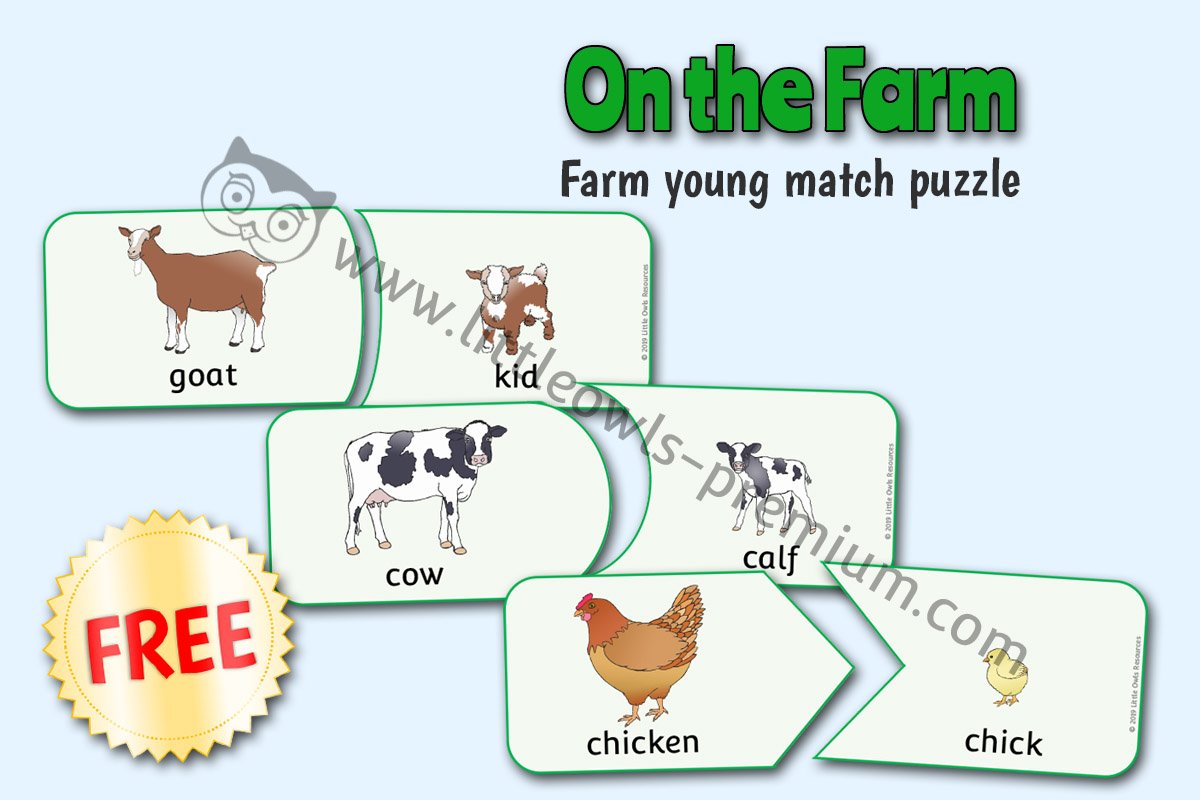





























































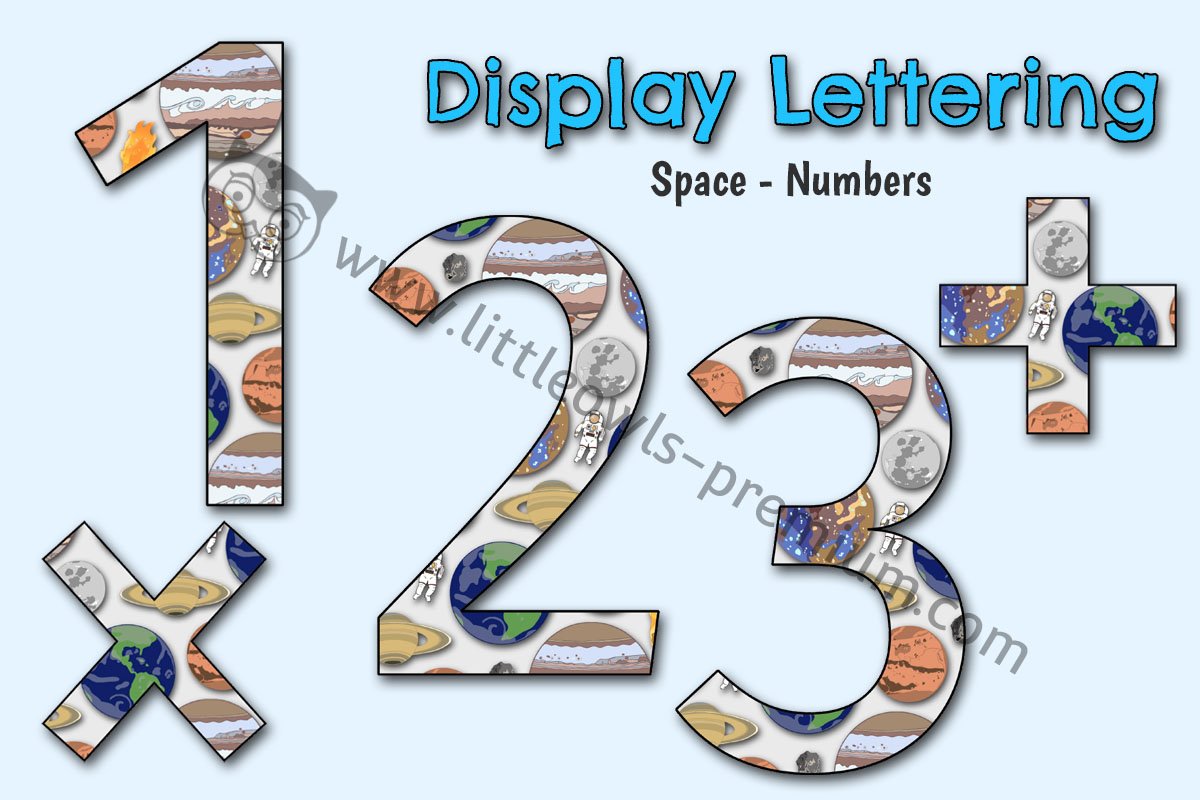




































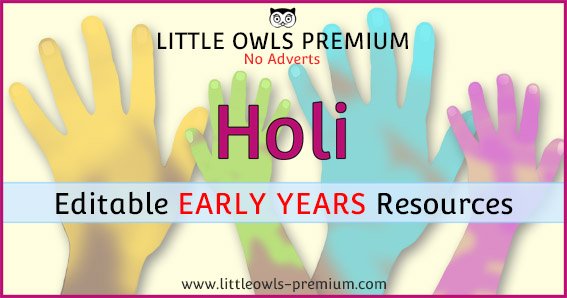
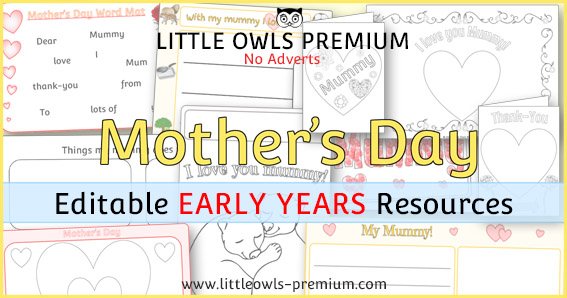

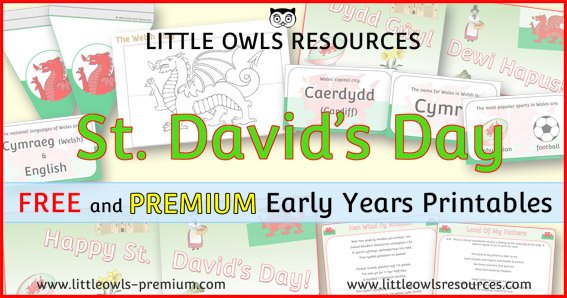
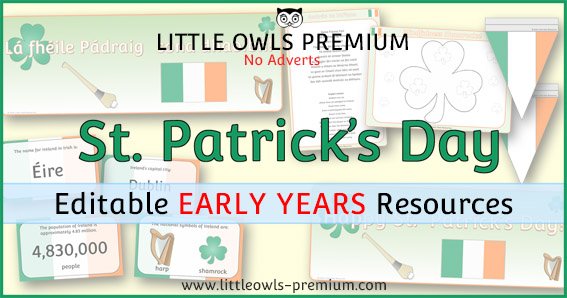















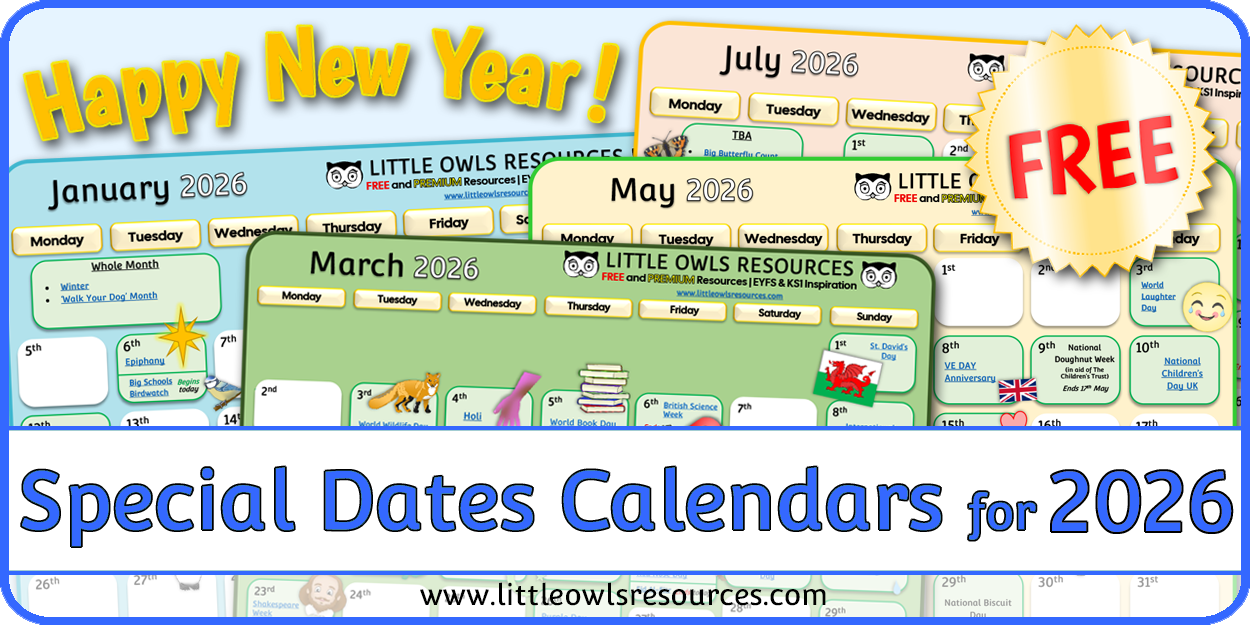
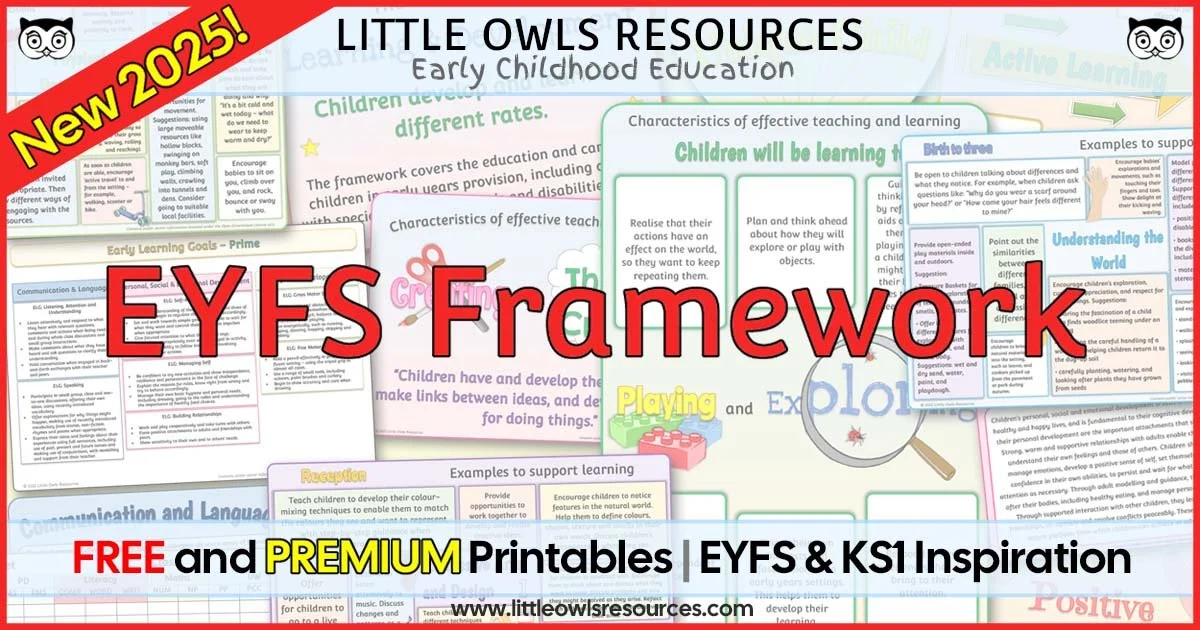

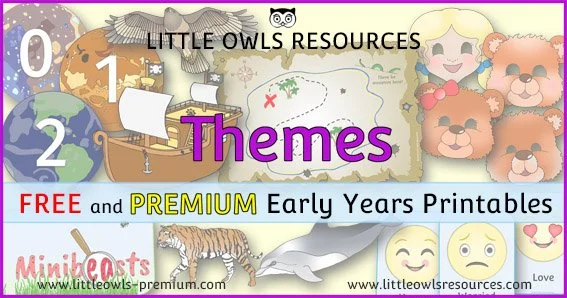

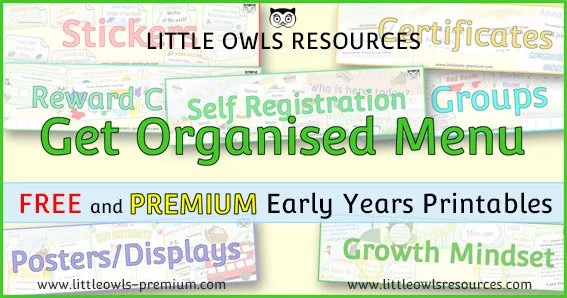

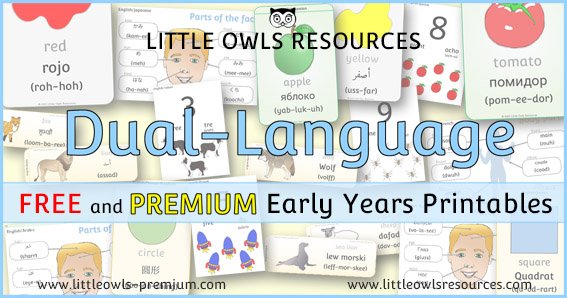
Let's learn about being kind and understanding towards everyone, especially for Purple Day! 💜🎗️ Purple Day is a special international day celebrated every year on March 26th. It was started in…